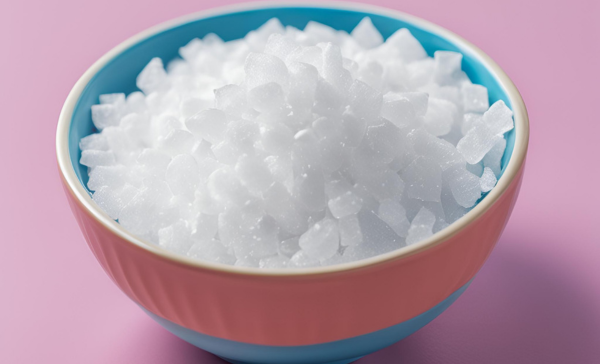by Sina Smith
Share
by Sina Smith
Share

Healing Before Surgery
You know that I prefer to stay out of the OR if I can help it, but I’ve got some ripped ligaments that need surgical attention. I thought it might be helpful to share with you some of the things that I’ve been doing ahead of surgery to prepare myself to heal optimally in case you are ever in a similar situation.
1. PT. I have been going to a physical therapist to help me condition all the other muscles that I’ll be using in unusual ways after surgery. Most people think of PT as an after-surgery thing, but preconditioning is good preventative care.
2. Fight inflammation. This word “inflammation” thrown around online drives me crazy, but in physiological terms, it means, at least in part, asking the body to make a decision between an inflammatory or anti-inflammatory pathway for arachidonic acid. I want some inflammation right after my surgery because it brings all the wound-healing mediators to the sites of the incisions. But before surgery, I want to lower the inflammatory baseline of my body as much as possible.
Pro- or anti-inflammatory is decided not only by chemical signals around injuries, but also in response to our food choices, particularly omega fatty acids. When we eat foods high in omega 6 FA’s (processed foods), we channel the pathway toward inflammation. When we eat foods high in omega 3 FA’s (nuts, seeds, soy, & fish), we channel towards anti-inflammation. I am avoiding anything processed and taking an omega 3 supplement every day.
3. Processed sugar. <sigh> I hate to bring up sugar, but the truth is that we just eat too much of it, me included. It’s hard to avoid because it’s in practically everything and because it just tastes good. But I know that the less sugar I eat, the less I am stimulating those inflammatory pathways. So it’s a thing–a really important thing–to cut out or at least really cut back on when preparing for surgery.
I’m not talking about healthy sugars you get from fruits and veggies. I’m talking about salad dressing, sauces, soda, most desserts, and many of the other things that live in the middle of the grocery store and have a long shelf life. Check out the ingredient lists on the bottles in your fridge–you might be shocked to find out what’s in there!
PS. Avoiding processed sugar generally means you’re avoiding those high omega 6 foods too. Bonus!
Last week my cousin introduced me to the word “limerence,” and it’s been rumbling around in my brain ever since. It refers to infatuation or juvenile obsession.
Many of you have likely read about or watched documentaries on the "Blue Zones:" places on earth where people regularly live to be 100 years old without chronic diseases and tend to die peacefully in their sleep.
Neotame was approved by the FDA in 2002, but data has just emerged that demonstrates it: - Damages the cells that line the gut tube - Disrupts the microbiome
In a study that involved almost 100,000 people, eating animal protein--especially red meat--was associated with poorer sleep quality. Eating plant-based proteins was associated with better sleep or had no association.





